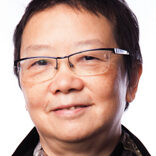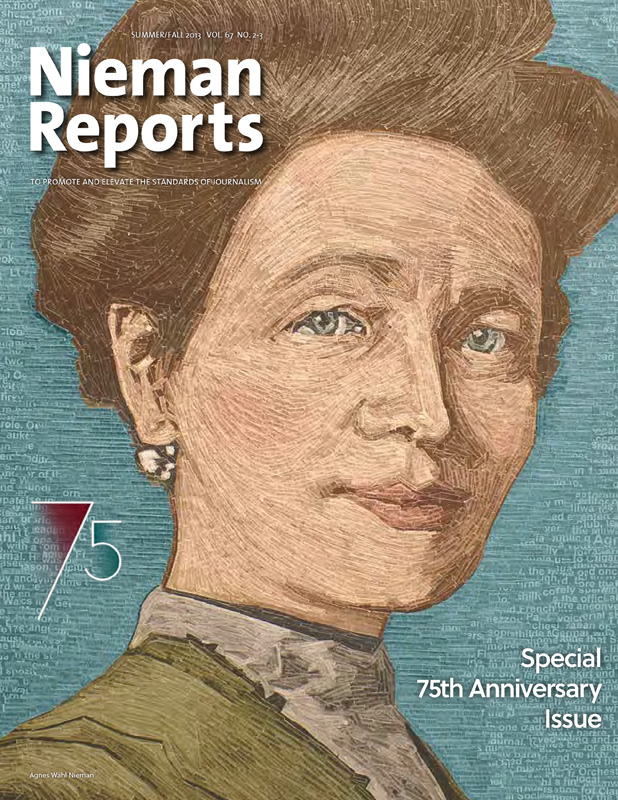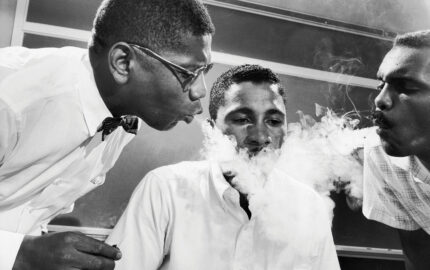Founding director of the Journalism and Media Studies Centre at the University of Hong Kong, Chan has reported from New York for the Daily News and NBC News as well as Chinese-language dailies

The hot tip arrived in early summer of 1996, in the dwindling days of my Nieman year. An editor friend in Hong Kong called to say he needed help in learning more about Mark Middleton, who had recently visited Taiwan. It had something to do with the funding of Bill Clinton’s re-election campaign.
I logged into LexisNexis on the Harvard library system. I soon learned that Middleton was from Clinton’s political base of Little Rock, Arkansas and had served as an aide to Thomas McLarty, Clinton’s then chief of staff. He had also worked briefly as a special aide in the White House before moving on to become the president’s fundraising chief in the South. Such was the power of the early Internet. Back at my paper, the (New York) Daily News, reporters still worked on Atex, an editorial system with no Internet access. But at a suite for resident scholars in stately Lowell House by the Charles, I could connect with friends and strangers from around the world with my modest Compaq laptop.
When my Nieman year began, the Web browser Mosaic had just been launched. I plunged with my classmates into the lectures and seminars on the promises and challenges of digital life. In June, I spent a week in the basement of Lippmann House teaching myself HTML.
I also pursued that tip about Middleton, conducting research on Harvard’s vast databases. In October, I published an investigative report in a Hong Kong newsweekly alleging illegal campaign donation offers to the Clinton campaign by the Kuomintang, then Taiwan’s ruling party. A party chief named in the article sued my co-author and me in Taiwan for criminal libel. Using my newly acquired Web skills, I created a website to fight the suit. I went to Taiwan to stand trial in April 1997; we won the case, both in the lower court and on appeal. The Liu Tai-ying v. Yuen Ying Chan decision has become the Sullivan standard of Taiwan, which states that reporters can cite “good intent” to defend their work. While criminal libel has stayed on Taiwan’s law books, few, if any, suits have been brought under the statute since.



